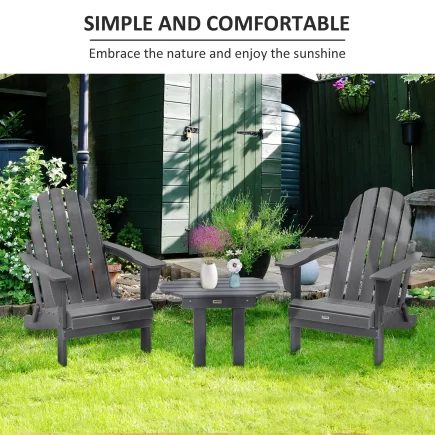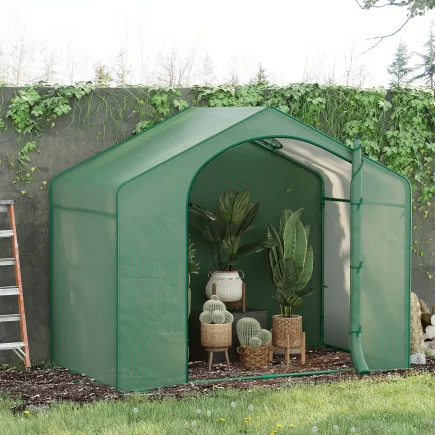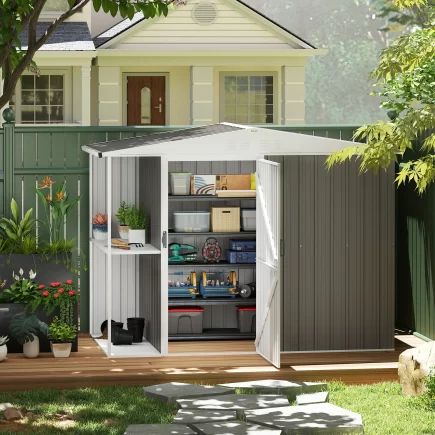As kids start growing up, they start needing different toys — ideally, toys that will help them hone and develop the necessary skills in life. For example, when children start walking, a rocking horse is a great toy to help them achieve elementary balance and learn how to coordinate with their arms and legs.
And once they master the art of basic movement, they begin being drawn to toys that allow them a feeling of faster motion — like ride-on cars, scooters, and go-karts. After all, that’s why we love adult-sized vehicles as well; they’re simply fun.
With that in mind, it’s no wonder your kid starts asking for a toy bike or car as soon as they realize such toys exist. They’ve got lights, noises, and some cool gadgets — even a kid who hasn’t seen a real car up to that point would be intrigued. However, choosing the right ride-on cars and rocking horses that will be the perfect fit for your child is not always simple. And that’s why we’ve prepared a buying guide for curious parents!
Important toy features
- Proper balance
- Safety features
- Design
- Voltage
- Ease of control
- Other fun features
Proper balance
When you’re picking the best ride-on toy or rocking horse for your child, one of the most important features you need to keep in mind is the toy’s balance — you want models with wheels that are wide apart and a ride-on car with a sufficiently low center of gravity, particularly for toddlers.
Younger kids that don’t have as much experience with ride-on toys can easily tip them over if you get a toy that doesn’t provide enough balance on its own. This is where the size of the toy also comes into play — make sure you pick something that’s appropriate for your kid’s height, weight, and age; the last thing you want is for them to be cramped while riding or driving. For example, this Lamborghini-licensed ride-on car is a superb choice, but only for children between 3 and 6 years of age.
Safety features
We’ve already touched on this slightly while talking about balance, but it’s worth exploring the question of safety in these kinds of toys further. When you’re buying something for your kids, safety is pretty much your primary concern — and that goes double when you’re getting them a small electric vehicle or a rocking horse.
This is particularly important for ride-on toys, as they need to have sufficiently powerful and responsive brakes so that your kids can stop in front of an obstacle — or allowing you to stop for them using the remote control. That’s why even the most robust models like this kids’ SUV truck has firm seatbelts for both of its seats.
It’s worth noting that this doesn’t just concern the toy itself. Even if you buy them the safest ride-on toy on the market, ensure your kids know how to properly operate it by teaching them in detail. Also, provide them with protective gear like gloves and helmets — and most crucially, never leave them unsupervised while they’re riding around, at least when they’re younger.
Design
While choosing the right ride-on toy for your kids requires you to think about plenty of practicalities like safety and manufacturing quality — you’ll probably want to think about the toy’s aesthetics as well. After all, a premium-quality ride-on toy isn’t the cheapest thing you can get for your kid — so you want to make sure they’ll actually like how it looks.
Also, let’s be honest — toddlers and preschoolers don’t have a very intricate taste in cars. So, a lot of it comes down to what the parents like; some would like to see their kid in a hippie pink Volkswagen Beetle, while others think a sleek BMW would be way cooler.
Voltage
One of the features that dictate what kind of powered ride-on toy is appropriate for what kid is its power. The power capabilities differ from model to model, and they’re usually expressed in voltages. Besides design and secondary features, this is the main difference between a 6V Audi and a 12V SUV Truck. If you’re not sure which power level is best for your child, the general rule of thumb is that younger kids do better with slower ride-on cars; these provide them a level of control that’s appropriate for their current level of motor skills. A toddler doesn’t really need an aggressively fast vehicle — you want them to have fun, but you also want them to stay safe.
Ease of control
When you’re buying a ride-on vehicle for a kid that’s between 3 and 6, you’re probably hoping they’ll improve their reflexes and general coordination. However, even if you’re getting something slower like a 6V ride-on firetruck, your kids will still need supervision.
That’s why it’s important for these ride-on cars to have two modes of operation — one where the kid uses pedals and a steering wheel, and another where you can make the necessary adjustments to their movement via a remote control.
Other fun features
At the end of the day, these are toys and they’re supposed to be fun — which is why you want the kids to have access to neat stuff like working headlights, a funny horn, or even a bluetooth connection that lets you play music in the ride-on toys via their tiny speakers!
























